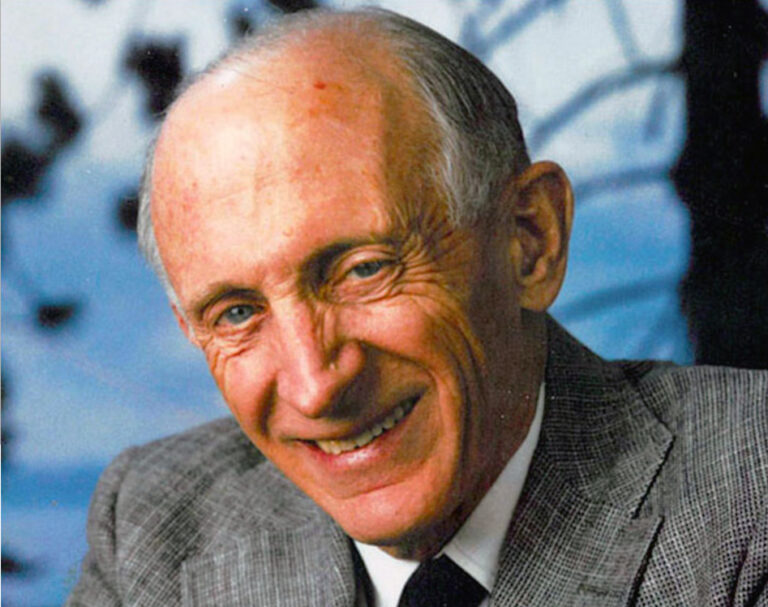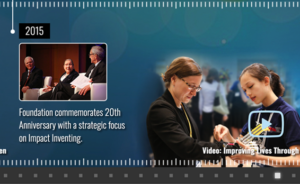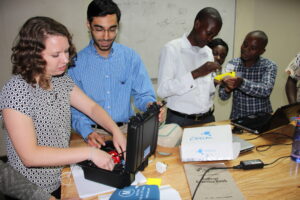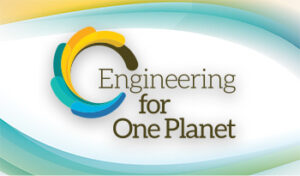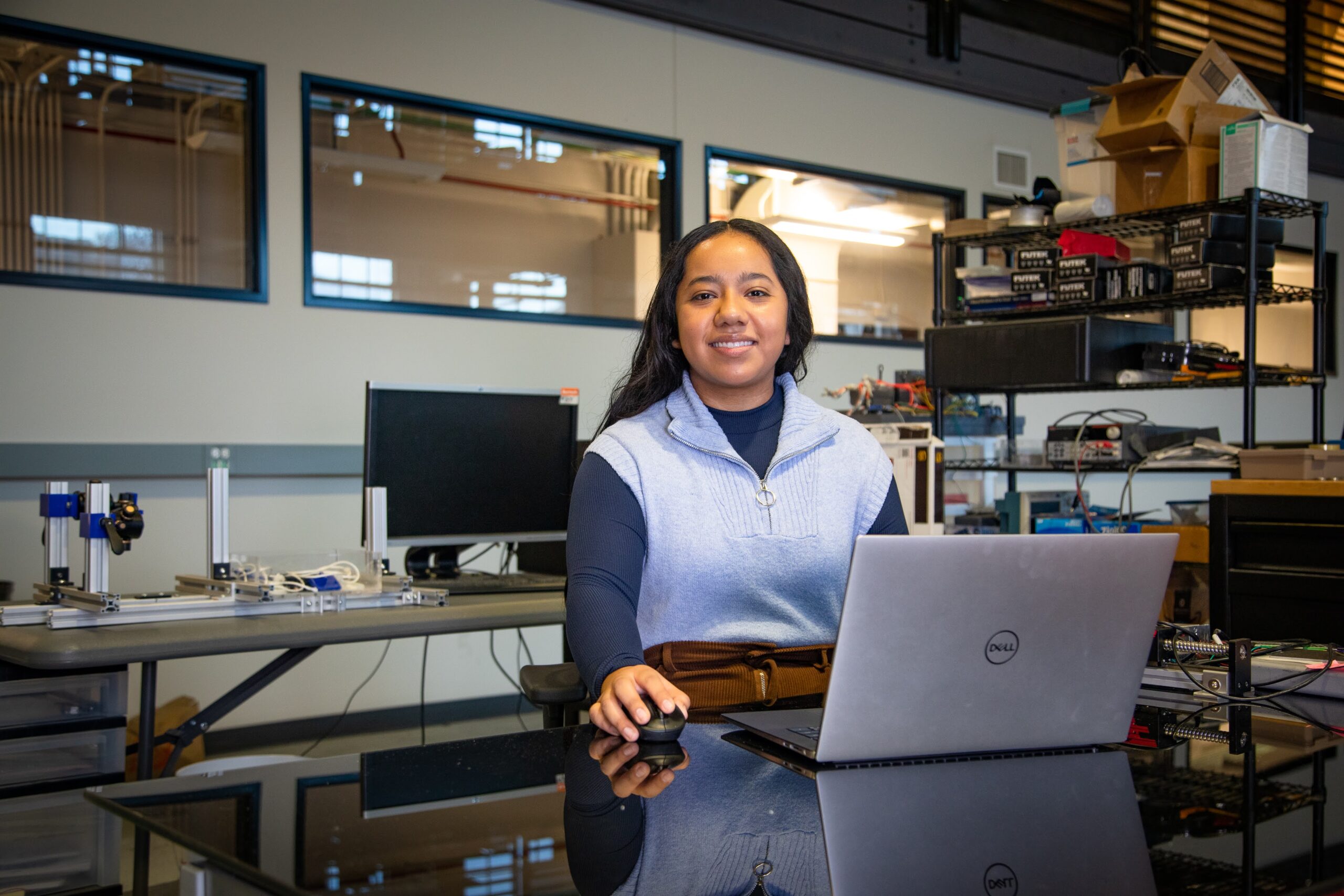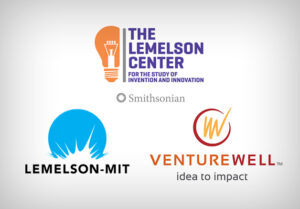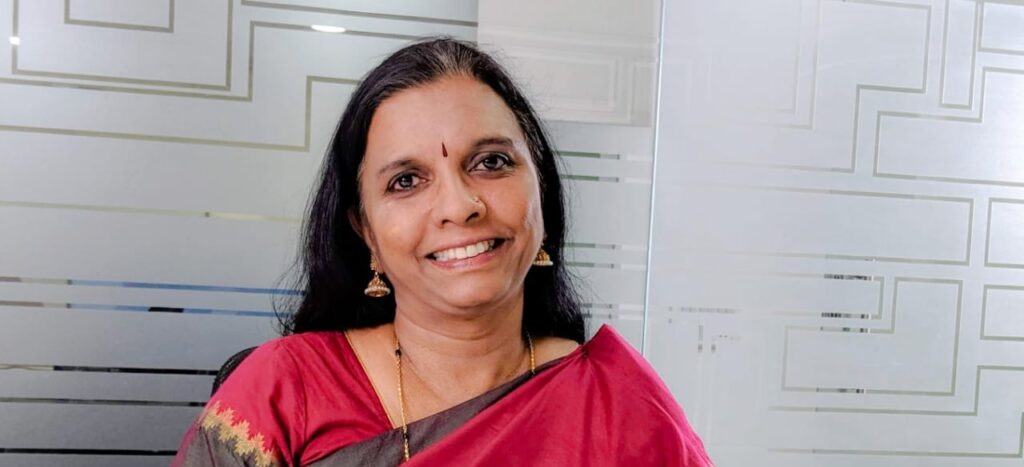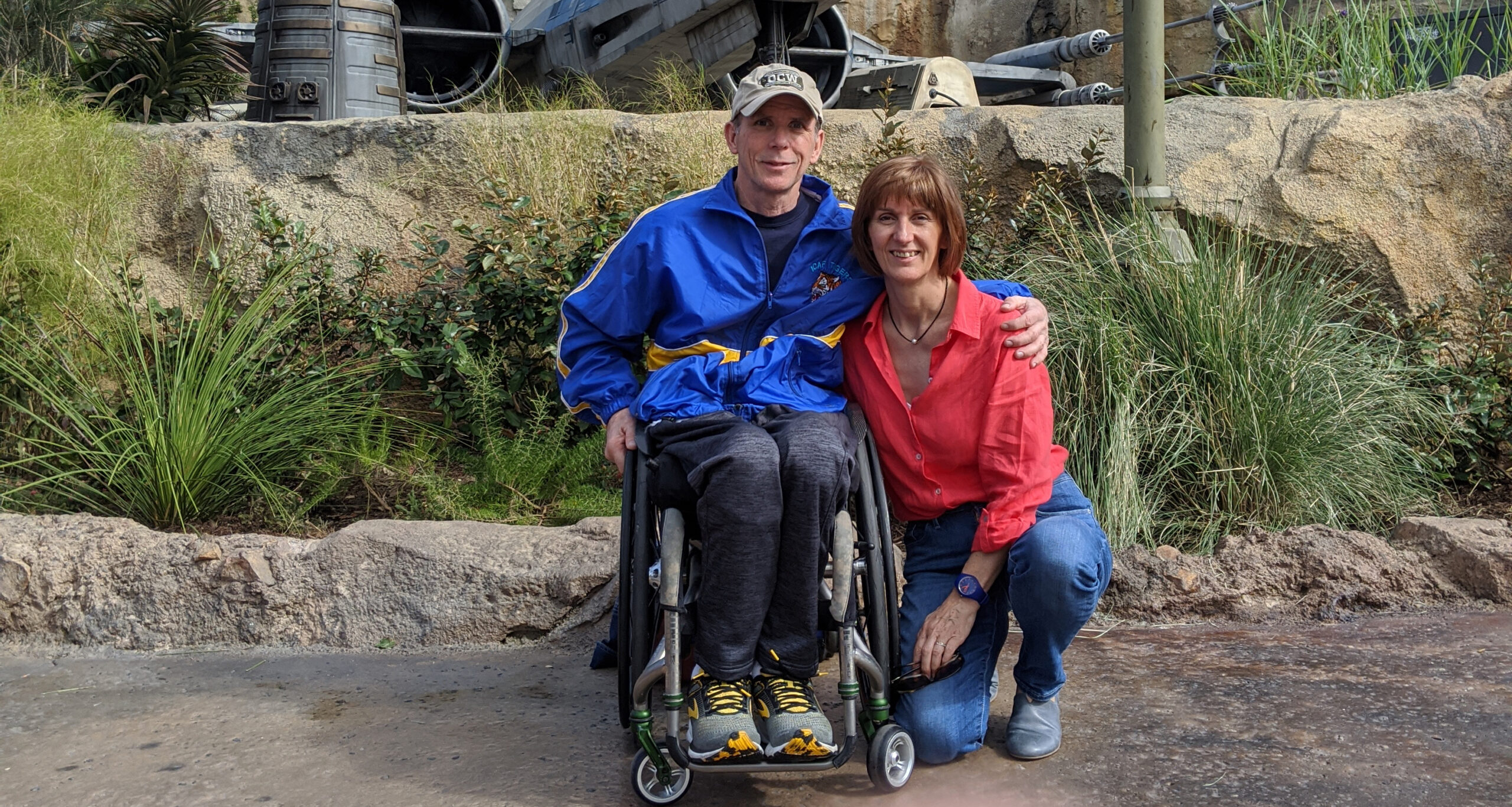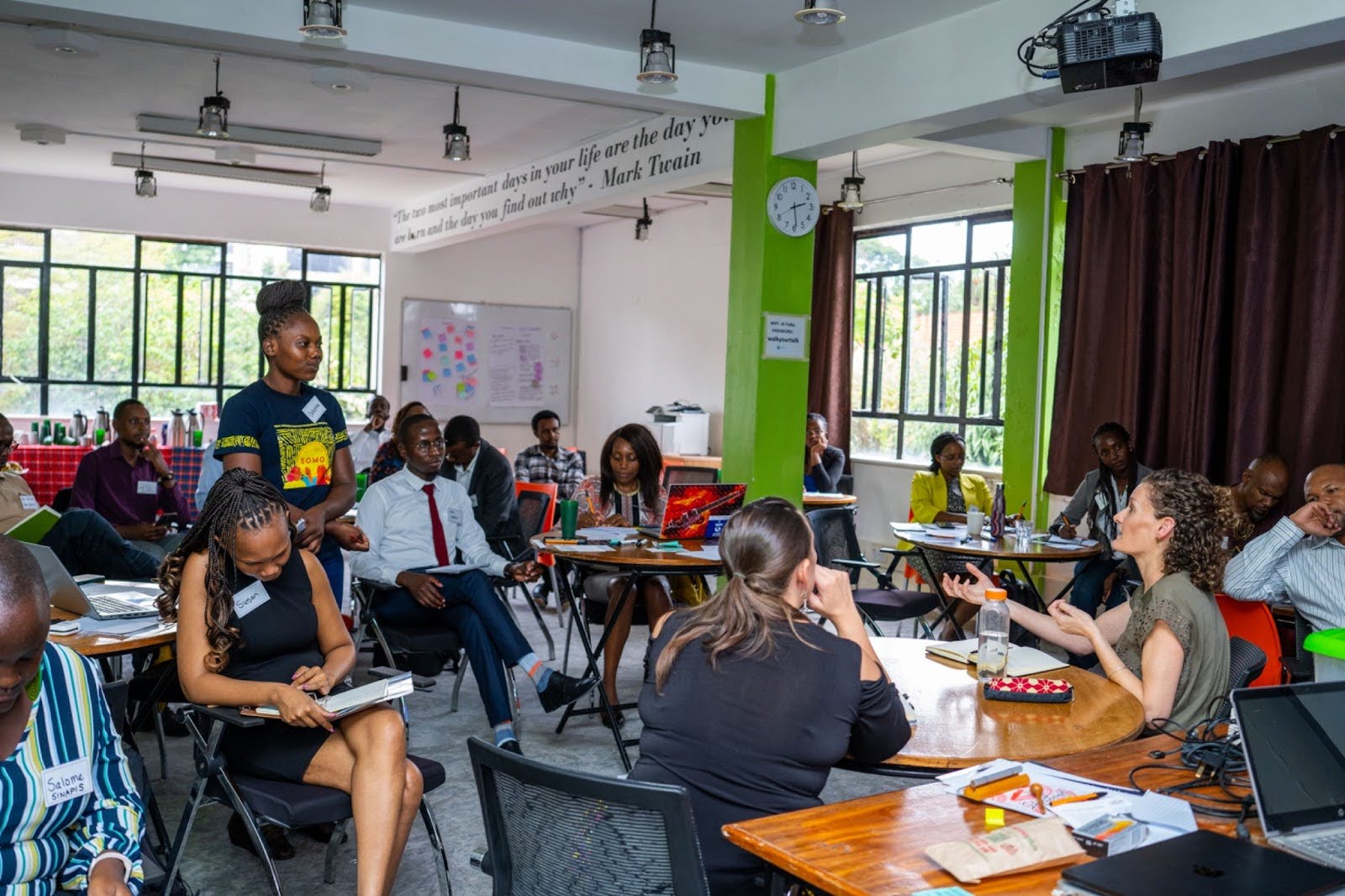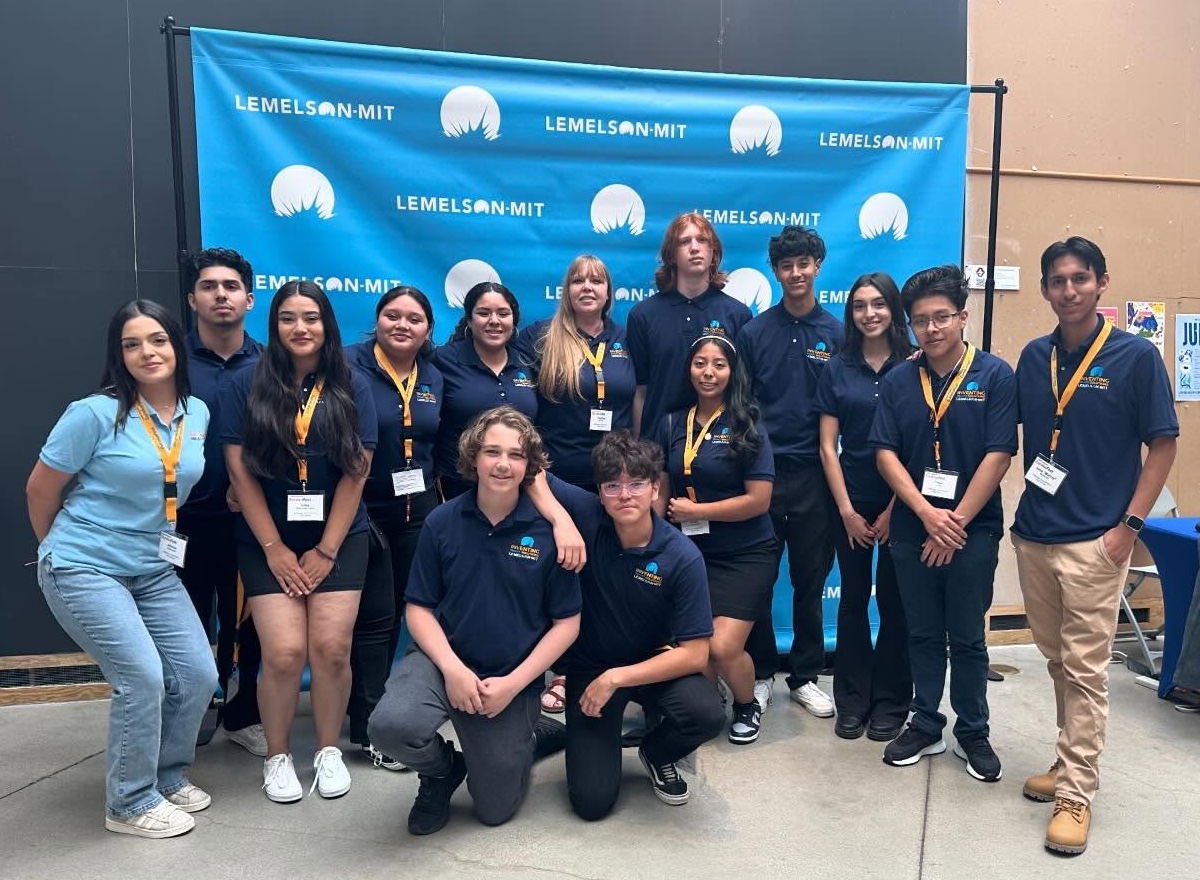Redefining Sustainability for an Era of Climate Action
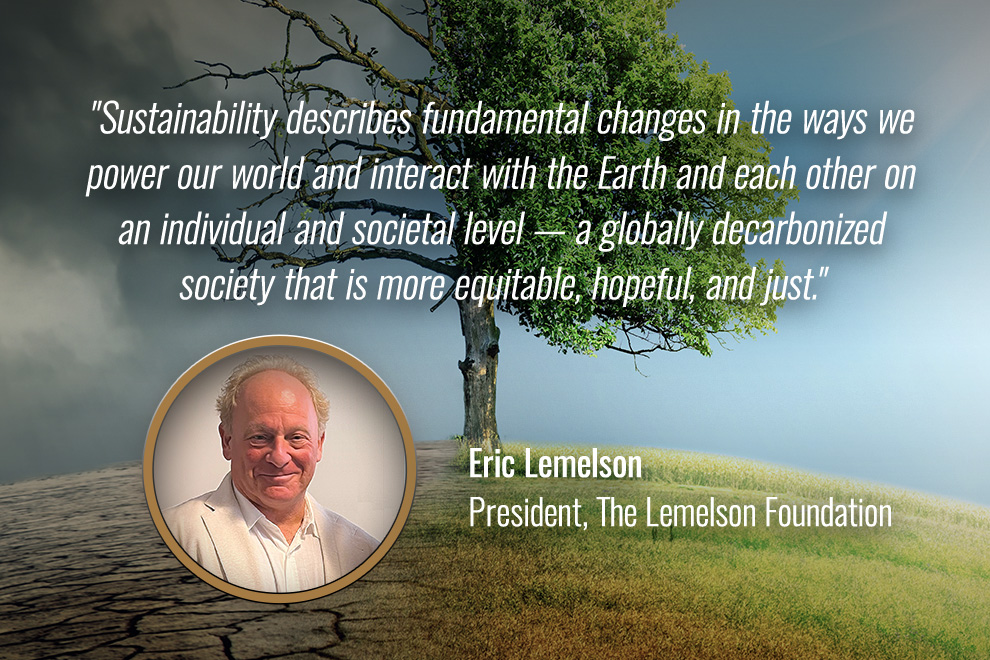
At a recent session of the 2024 Annual Conference of the American Society for Engineering Education (ASEE), Lemelson Foundation President Eric Lemelson presented his assessment of efforts to address climate change — and made the case for a new, more comprehensive, and more urgent definition of the term “sustainability” to meet the current moment.
Starting first with the bad news, he cited a recent global poll that found that 80% of climate scientists surveyed worldwide believe that global temperatures will rise by 2.5 degrees Celsius or more, and almost 50% believe temperatures will rise by three degrees.
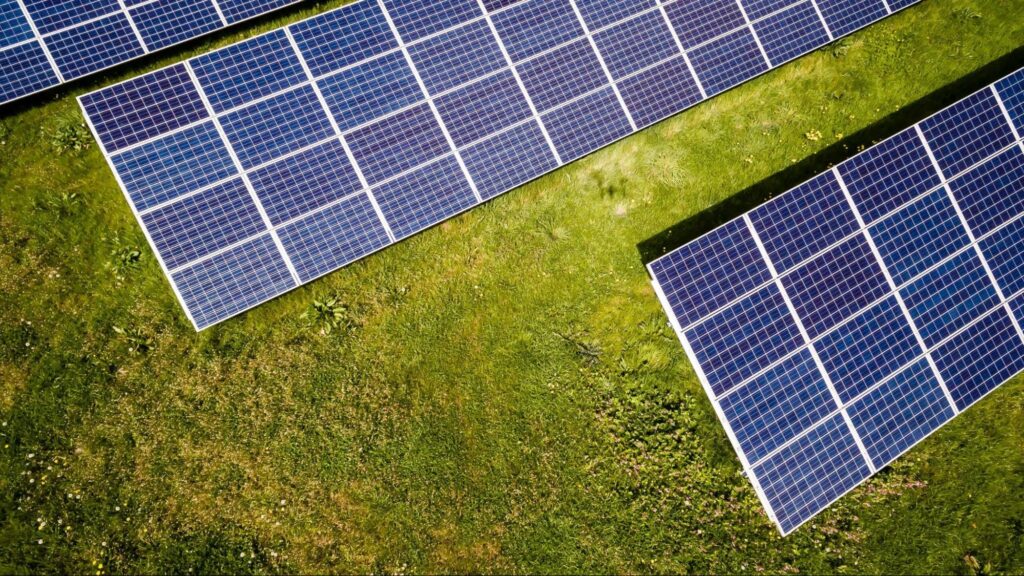
That’s well above the 1.5 degrees Celsius benchmark above pre-industrial levels from the 2015 Paris Agreement that climate scientists agree is the limit before unleashing potentially extreme and irreversible effects of climate change.
Ocean temperatures have also risen dramatically in the past year, a phenomenon not easily explained by current climate models. Climate change is proving to be an unpredictable, non-linear process that could accelerate faster than we’ve anticipated with even more unintended consequences.

“Incrementalism is not a viable approach,” Lemelson said. “We need to act as if we’re really in a crisis.”
In order to inspire dramatic action, he detailed why we need to reconsider the meaning of the word “sustainability.” The most widely accepted definition of the term came from the 1972 United Nations Conference on the Human Environment in Stockholm, describing it as “development that meets the needs of the present without compromising the ability of future generations to meet their own needs.”
Lemelson argued that this definition has become irrelevant in light of rapidly growing emissions, declining biodiversity, and degradation of the environment. He also pointed at the use of sustainability language — even by fossil fuel companies — as a central component of corporate greenwashing. A new definition of the term would give it the power to shape clear and meaningful outcomes, and to inspire the current generation of young engineers and designers who are a critical part of the solution.
“My definition is highly aspirational. It describes fundamental changes in the ways we power our world and interact with the Earth and each other on an individual and societal level.”
Lemelson then followed up with the good news, citing the rise of renewable energy sources — like solar, photovoltaic, wind, and battery storage — which have come down exponentially in price over the past decade. Renewables made up a third of global electrical generation last year, which is much higher than most analysts originally predicted. He cited the ability of renewables with zero fuel cost and very low environmental impact to power our homes, some of our transportation systems, and many of our factories.
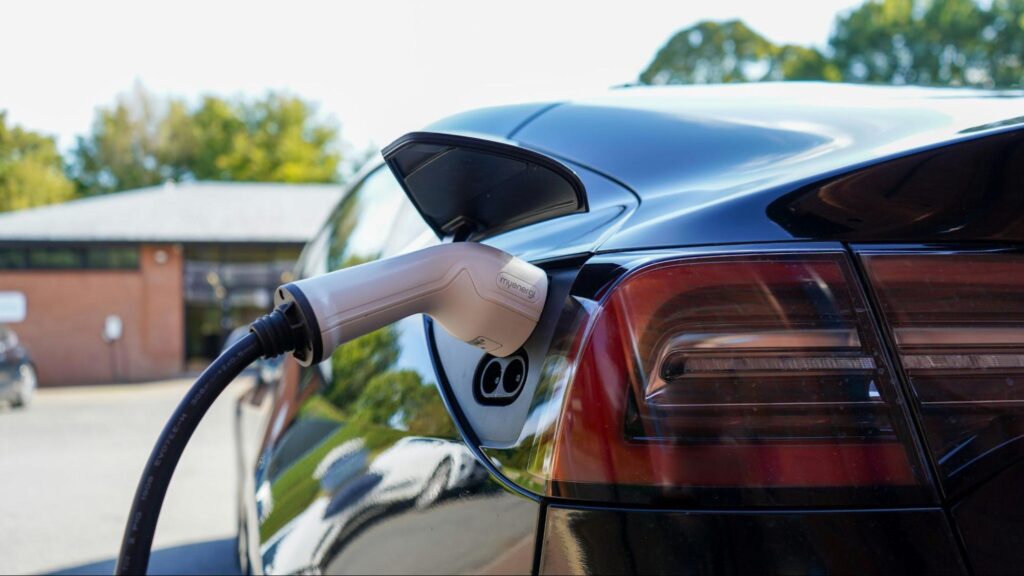
He also stressed the need for innovative young engineers, inventors, and entrepreneurs to refine clean energy technologies, pursue moonshot ideas, and address hard-to-abate sectors like steel, concrete, and manufacturing.
One example he shared is the company Rondo Energy based in Alameda, California, in which he is an early stage angel investor. Rondo uses traditional brick heating technology in an innovative way to store thermal energy from renewables in a heat battery at temperatures up to 1,500 degrees Celsius. Applied to industrial uses, Rondo’s technology reduces emissions in hard-to-abate sectors by up to 90%.
Rondo is just one example of the type of invention-based startups that can motivate and employ young engineers to make measurable progress in eliminating emissions now.
Lemelson concluded with the crucial role of young people in solving the climate crisis. While climate anxiety is a significant issue for the current generation, he described how the antidote to despair is action. This includes completely rethinking how we design and create products and the built environment.
“The road to climate salvation starts with a clear vision of where we need to go: a globally decarbonized society that is more equitable, hopeful, and just — as well as being truly sustainable.”
To read Eric Lemelson’s definition of sustainability, click here.
Watch Eric Lemelson’s remarks at the ASEE 2024 Annual Conference presenting his definition of sustainability.

